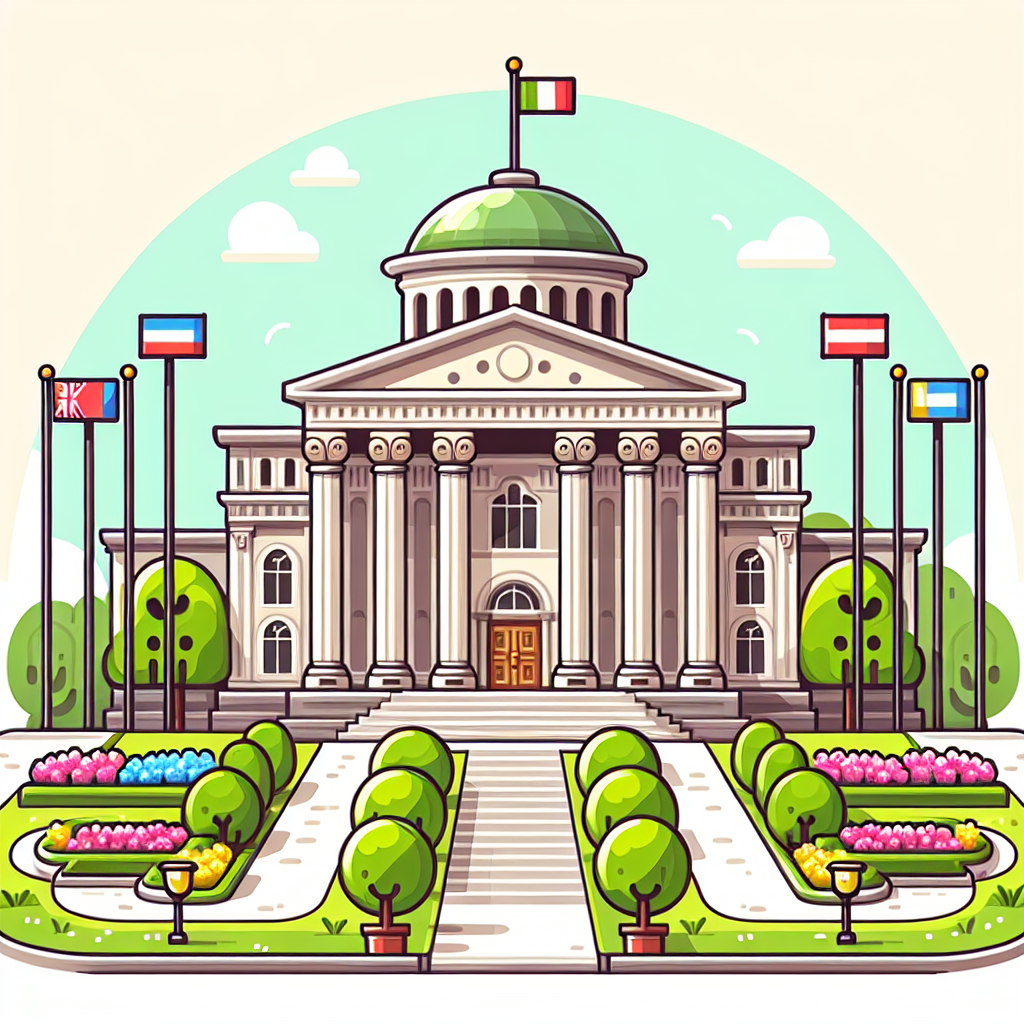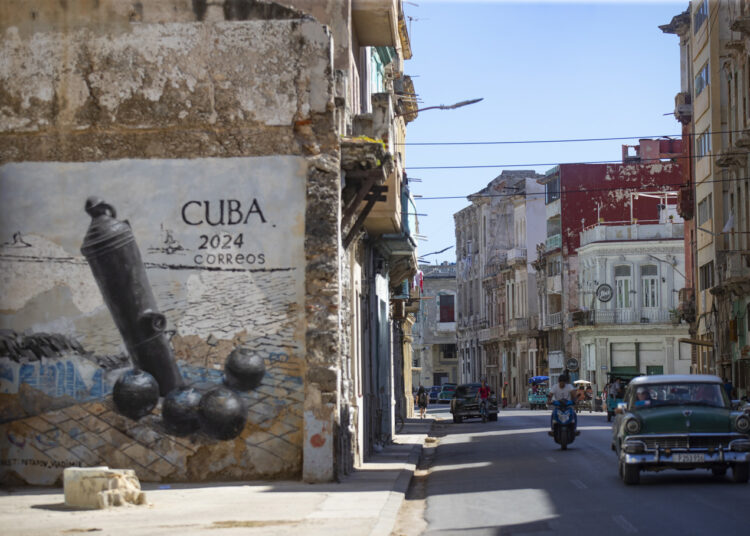
By Choe Chong-dae Choe Chong-dae This year, we celebrate the 200th anniversary of Choe Je-woo (1824-1864), the visionary founder of "Donghak" (Eastern Learning), a transformative spiritual and social reform movement that laid the groundwork for Korea’s modern democratic values. Known by his pen name Su-un, Choe established Donghak in 1860 in Gyeongju, the ancient capital of the Silla dynasty, during a tumultuous period for the Joseon dynasty, which was marked by internal divisions and foreign threats. Donghak emerged as a beacon of hope, articulating a vision of justice, dignity and equality that inspired the Korean people and provided a road map for societal renewal.
Donghak evolved into "Cheondogyo" (the Heavenly Way), becoming Korea’s most influential indigenous religion in 1905. Cheondogyo emphasizes compassion, egalitarianism, human dignity and reverence for creation — ideals that resonate with Socrates' assertion that "all human beings are equal in the most fundamental sense." This religion championed various causes, including children's welfare and environmental stewardship, fostering a legacy celebrated in Korea and beyond.
More than just a spiritual tradition, Cheondogyo embodies the patriotic and humanistic spirit that underpins Korea’s modern democracy, advocating for justice and equality while inspiring the Korean people to strive for peace, harmony and liberation from discrimination. A notable feature of Donghak is the "Donggyeong Daejeon" (Scripture of Donghak), authored by Choe Je-woo during his ministry from 1860 to 1864. Unlike many religious figures who left no written teachings, Su-un documented his ideas, creating a unique foundation that distinguishes Donghak in the history of world religions.
Inspired by this dedication to humanistic egalitarianism, I had the honor of writing an academic paper titled "Humanistic Egalitarianism in Donghak," which includes an English introduction to the Cheondogyo Scriptures. Published in the Transactions of the Royal Asiatic Society, Korea (Journal, Volume 97, 2023), my paper has garnered international interest among researchers in Korean Studies and East Asian religions. Choe Je-woo was a true visionary — an educated scholar, prominent writer, poet and social leader whose life embodied his philanthropic teachings.
Disillusioned by societal injustices, Su-un liberated his two servants, reunited them with their families, adopted a servant girl and arranged a marriage for his son. Such actions were revolutionary in the Joseon feudal era, challenging entrenched social hierarchies and demonstrating his unwavering commitment to the dignity and equality of all people. In this, Su-un’s ideals echo the spirit of Abraham Lincoln’s Emancipation Proclamation, which also emphasized liberation and equality.
The legacy of Donghak has continued to shape Korea long after Choe Je-woo’s lifetime. Cheondogyo followers played pivotal roles in key historical events, including the Donghak Peasant Revolution of 1894, the Kabo Reform Movement (1894-1896) and the March First Independence Movement of 1919. On March 1, 1919, 15 Cheondogyo adherents joined with 16 Christians and two Buddhists to sign the Korean Declaration of Independence.
With over 2 million followers, Cheondogyo supported the independence movement, providing financial and organizational aid across religious lines. This alliance laid the groundwork for later democratic milestones, including the establishment of the Korean Provisional Government in Shanghai in 1919, the April 19 Revolution of 1960, the Gwangju Democratic Movement of 1980 and the candlelight rallies of 2016-2017 that ultimately led to the impeachment of President Park Geun-hye. As we commemorate the 200th anniversary of Choe Je-woo’s birth, we honor his life’s work and the enduring legacy of Donghak — a vision of compassion, equality and justice that has inspired Korea for generations and resonates around the world today.
Choe’s teachings ignited a spirit that transformed Korea into a beacon of hope and resilience. As Rabindranath Tagore remarked in his famous poem, "In the Golden Age of Asia, Korea was one of its lamp bearers. And that lamp is waiting to be lighted once again, for the illumination of the East.
" With this anniversary, we rekindle that light, carrying forward Su-un’s legacy of peace, equality and humanity, illuminating a path for the future of Korea and beyond. Choe Chong-dae ([email protected]) is a guest columnist of The Korea Times.
He is president of Dae-kwang International Co., and founding director of the Korean-Swedish Association..














